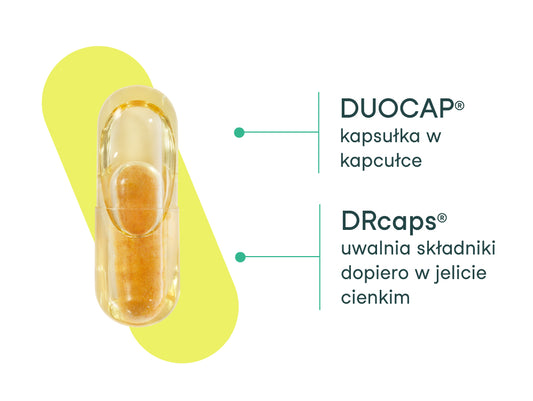
Everything changes during pregnancy. And although many changes negatively affect a woman's well-being, there are also some that can be a reason for joy. Better condition of hair, skin and nails, but also lower risk of cancer and greater self-confidence.
Many changes, both positive and negative, result from increased levels of hormones, mainly estrogen and progesterone . During pregnancy, a woman's body produces more estrogen than in her entire life. Hormones are designed to prepare the body to best support the fetus developing in the uterus. However, their action also has several "side effects".
Thicker hair and stronger nails.
Hair and nails may become stronger. This is due to estrogen. Many pregnant women enjoy beautiful, strong hair and nails that do not break easily and grow quickly . Unfortunately, this will change after pregnancy. When estrogen levels return to normal after giving birth, hair will fall out. And much more than before pregnancy. The condition of hair and nails should return to normal approximately 6 months after giving birth.
Younger complexion.
A radiant appearance and beautiful skin are the "side effects" of difficult 9 months of pregnancy that you can only enjoy. This is due to increased blood circulation , which makes the skin look as if it was touched by the sun. Yes, there are many women who complain about the condition of their skin due to hormonal changes. However, there are many who enjoy clear, blemish-free and radiant skin.
Bigger breasts.
If you have always dreamed of larger breasts, pregnancy is your ally. Even those women who previously complained about their breasts being too small (in their opinion) have large, full breasts during pregnancy and postpartum. It happens, quite often, that the change is permanent . This will be the case for some women, while others will experience another change after giving birth or stopping breastfeeding. Although it is worth admitting that larger breasts can sometimes cause problems, e.g. during sleeping or sports activities.
Greater desire for sex.
Quite a few pregnant women have a great desire for sex. Again, it's hormones and increased blood pressure. This often affects the first trimester , but may last longer. Not only libido increases , but also the sensations during sex. If the pregnancy is not at risk, there are no contraindications to sexual intercourse.
Greater self-confidence.
After all the experiences of pregnancy and its long-awaited termination, many women feel like "superheroes" . These sensations are particularly acute in the first few days/weeks after vaginal delivery. However, regardless of the method of delivery, emotions and feelings related to pregnancy remain in memory for many years (and sometimes forever). The entire effort a woman puts into bringing a child into the world is a true heroic feat . It makes a woman feel her true power.
Greater acceptance of your body.
Even though some pregnancy changes may irreversibly change the appearance of the body (e.g. stretch marks), pregnancy helps some women finally accept themselves . Becoming aware of the enormity of physiological changes that pregnancy brings helps you look at your body with admiration and gratitude, and finally appreciate and like it (if this has not happened before).
Lower risk of cancer.
A number of scientific studies prove that pregnancy reduces the risk of ovarian and breast cancer . Especially if the woman also breastfed after giving birth. It's about exposure to hormones secreted during the menstrual cycle. Ovulation increases the risk of cancer every time, but once the egg is fertilized, the risk decreases .
In addition to the positive changes mentioned above, there are also negative ones that a pregnant woman must face. You can read about them in a separate article .
Bibliography:
- Oad S., “Body Love: 8 Positive Changes of Pregnancy.” Babyinfo.com.au, August 12, 2020
- “Reproductive History and Cancer Risk,” National Cancer Institute, accessed December 28, 2021.
- Grunebau A., “10 Positive Pregnancy Changes in Women”. Babymed.com, May 17, 2021
- Nierenberg C., “Body Changes During Pregnancy”. Livescience.com, May 19, 2015
- “Pregnancy stages and changes”, Department of Health, State Government of Victoria, Australia, accessed December 28, 2021.
- “Sex in pregnancy”, National Health Service UK, accessed December 28, 2021.


What makes our capsule stand out?
The nikalab capsule impresses not only with its appearance, but also with its operation. We used two innovative...








